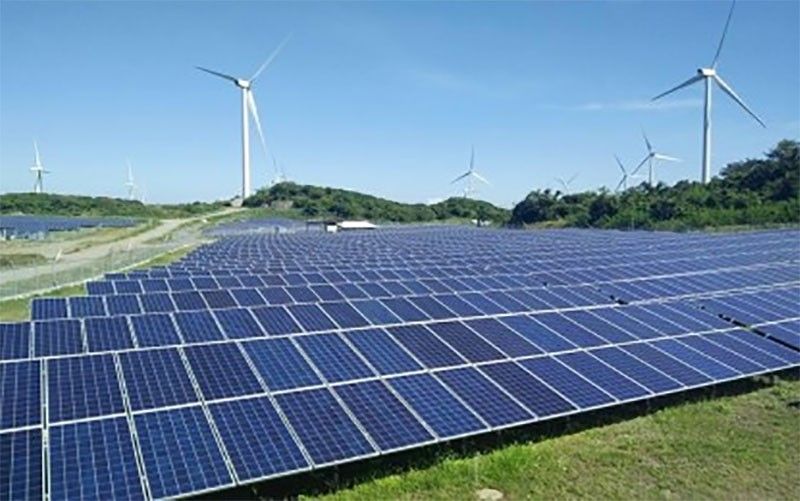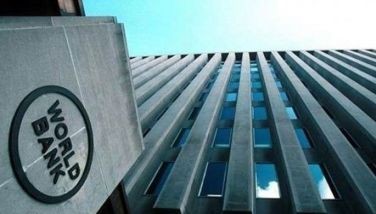DOE exec laments financing gap in renewable energy development

MANILA, Philippines — Lowering capital costs for renewable energy (RE) development is critical in achieving a just energy transition for the Philippines, a senior energy official said, urging global support to close the financing gap.
Speaking at the recent International Renewable Energy Agency (IRENA) assembly, Energy Undersecretary Rowena Cristina Guevara said that an affordable energy transition is key to accelerating the shift to renewables.
“At the end of the day, in order for the energy transition to be just, we need to afford the electricity generated from renewable energy. But in order for that to happen, we hope our partners will be able to address the financing gap,” Guevara said.
Under the Philippine Energy Plan, the country wants to scale up the share of renewables in the energy mix to 35 percent by 2030 and 50 percent by 2040.
To achieve this ambitious target, the Philippines needs about 52.8 gigawatts (GW) of new installed renewable capacity over the next 20 years, alongside a total clean energy investment of up to P31 trillion.
Guevara has expressed confidence that the country’s RE developers have the “technical ability” to construct these facilities.
“My hope in attending this general assembly is to learn more about how international cooperation can help us address the cost of RE to make sure that while we pursue sustainable development, the socioeconomic aspect of sustainability is also addressed,” she said.
In 2022, the government allowed full foreign ownership in the RE sector, which was previously subject to a 40-percent cap.
This landmark move was well received by industry stakeholders, as it effectively opened the floodgates for investment in RE projects, particularly capital-intensive offshore wind developments.
“As a result, applications for service contracts have increased, and we now have over 1,400 service contracts for over 150 GW of RE,” Guevara said.
Furthermore, Guevara pointed out that developing countries like the Philippines are among the most vulnerable to the impact of climate change.
“It is essential that those who have historically benefited from fossil fuels now support those who are striving to achieve a sustainable future. Energy transition is a shared responsibility, and we must act with urgency, solidarity, and fairness,” she said.
The IRENA assembly gathered high-level delegates from 170 member states, development banks, academia and private sector leaders to discuss pressing challenges and assess progress in global energy goals.
The discussions centered on tripling RE capacity by 2030, promoting innovation and improving international cooperation to meet ambitious climate and sustainability targets.
- Latest
- Trending























